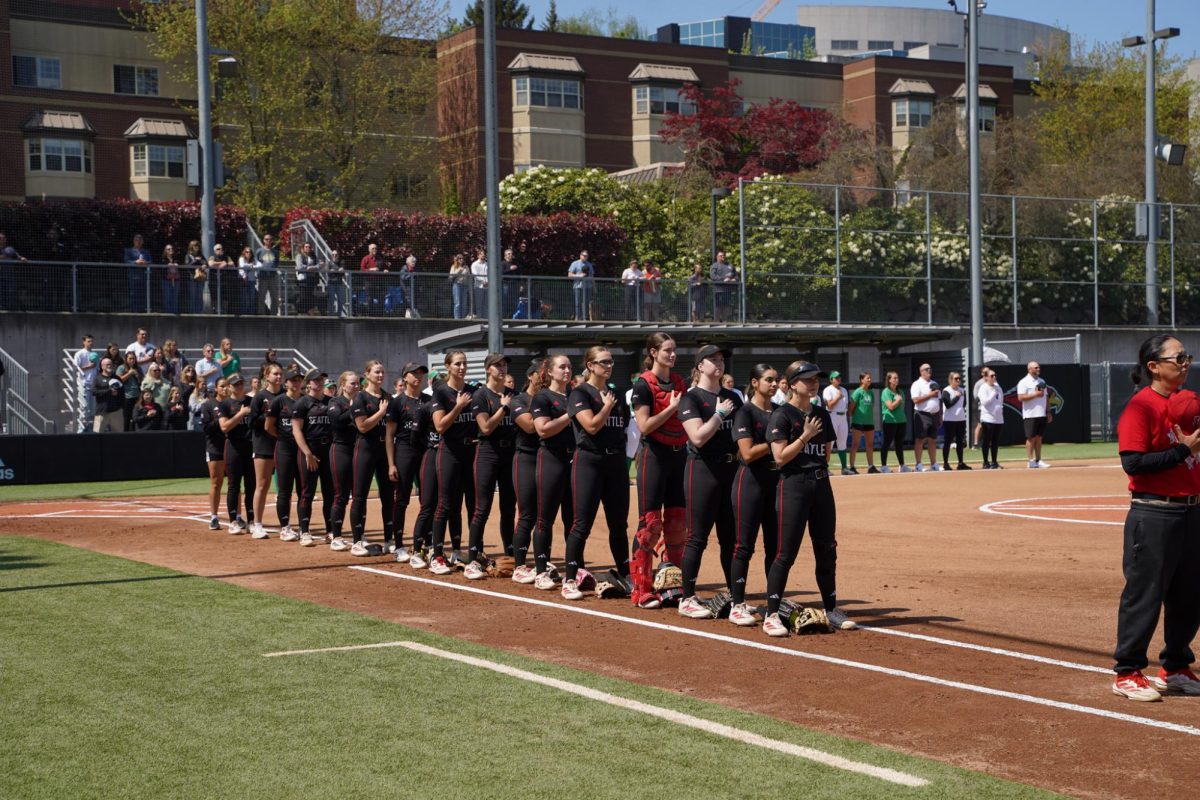Who cares about hockey?
But seriously, it seems like hockey is the least valued sports in U.S. media. There are many factors that could be contributed to the lack of coverage, and frankly I’m not sure which one explains it.
Hockey is sometimes thought of as the sport of Canada. The Canadian Prime Minister Stephen J. Harper has even written a book about the history of hockey titled “A Great Game”; although recently CBC has reported that more Canadian adults play golf over hockey, and kids under 14 are twice as likely to play soccer as hockey.
American teams struggle to make a scene on U.S. sports stages. In 2011, the New York Times reported that U.S. hockey has gained popularity where newly popular NHL teams have grown, such as North Carolina, Georgia, Tennessee, and Florida; ironically the participation was shrinking in “hockey turf” such as Michigan, Massachusetts and New York.
One way to look at the “ice out” is that other sports overshadow hockey. Unfortunately the season starts in the middle of NFL football and almost at the same time NBA basketball starts their season. With two highly watched sports covering exciting games it’s hard for the media to get excited about yet another sport.
We can look at the history of lockouts in the NHL, which makes the league quite unpredictable year after year. For example, the 2012-2013 season lockout has shortened the season to 48 games and no inter-conference games.
Another factor is broadcasting. NHL is currently signed for 10 years with NBC; every Stanley Cup is broadcasted on national television. On NBC hockey can hope to thrive because it is has the largest coverage with this broadcasting company. This is something the NHL won’t get with ESPN. With NBC the 2013 Stanley Cup Final held the largest Stanley Cup audience in at least 19 years, as Sports Media Watch reports.
Some of the struggles with remain that the arena experience is hard to capture on the television. Now one question asked among hockey bloggers is why the media cover hockey. There is lack of interest because of lack of information; no broadcasting makes it hard for outsiders to get involved. On the other hand, broadcasters won’t initiate the coverage because of lack of interest.
Hockey aficionados have found other ways of watching hockey, cutting big name broadcasting like ESPN out of the equation.
Hockey is hard to passionately transfer on national television because, as I would argue, the following is regional. Most people only know the hockey team in the city they are living in or from their hometown. You won’t find fans of the Bruins (Boston’s team) in the King’s territory (Los Angeles).
It seems that the hockey fans I have encountered are fiercely passionate about their local team and follow it of their own accord. Fans seek out the game to watch rather than come across it by chance on the television. It appears that despite rankings and media coverage. hockey continues to prevail as a major sport in the U.S.







